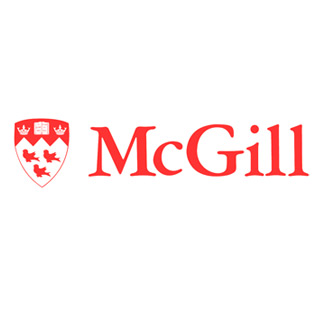
During the investigation, experts laid hands on a gene signature that supposedly distinguishes breast cancer patients at a risk of relapse. Treating breast cancer with a one-size-fits-all approach seems to be next to impossible for doctors. Hence, patients suffering from breast cancer are allegedly made to undergo various treatments. In case the patient fails to respond positively towards a particular treatment, then the other one may begin.
“The added information provided by our test would enable oncologists to identify those at very low risk of relapse, for whom the risk-benefit ratio might be in favor of withholding chemotherapy, and to identify patients in this low-risk group who would benefit from more aggressive treatments. Since many treatments are associated with short- and long-term complications including premature menopause, cardiotoxicity and the development of secondary cancers, risks must be balanced against the potential benefit for each patient to avoid unnecessary suffering, needless expense and added burdens on the health-care system,†elucidated Dr. Alain Nepveu, GCRC and RI MUHC researcher and co-investigator of the research.
Around 50 percent breast cancer patients seemingly belong to the group named as ‘estrogen receptor positive/lymph node negative (ER+/LR-).’ This group has a low risk of reporting cancer recurrence. Most patients of this group require surgical removal of their tumor alone, while others have to undergo additional treatment. It was suggested that the newly introduced test can rescue a large number of breast cancer patients from innumerable unessential treatments.
The research is published in a recent issue of the Proceedings of the National Academy of Sciences of the United States of America (PNAS).
